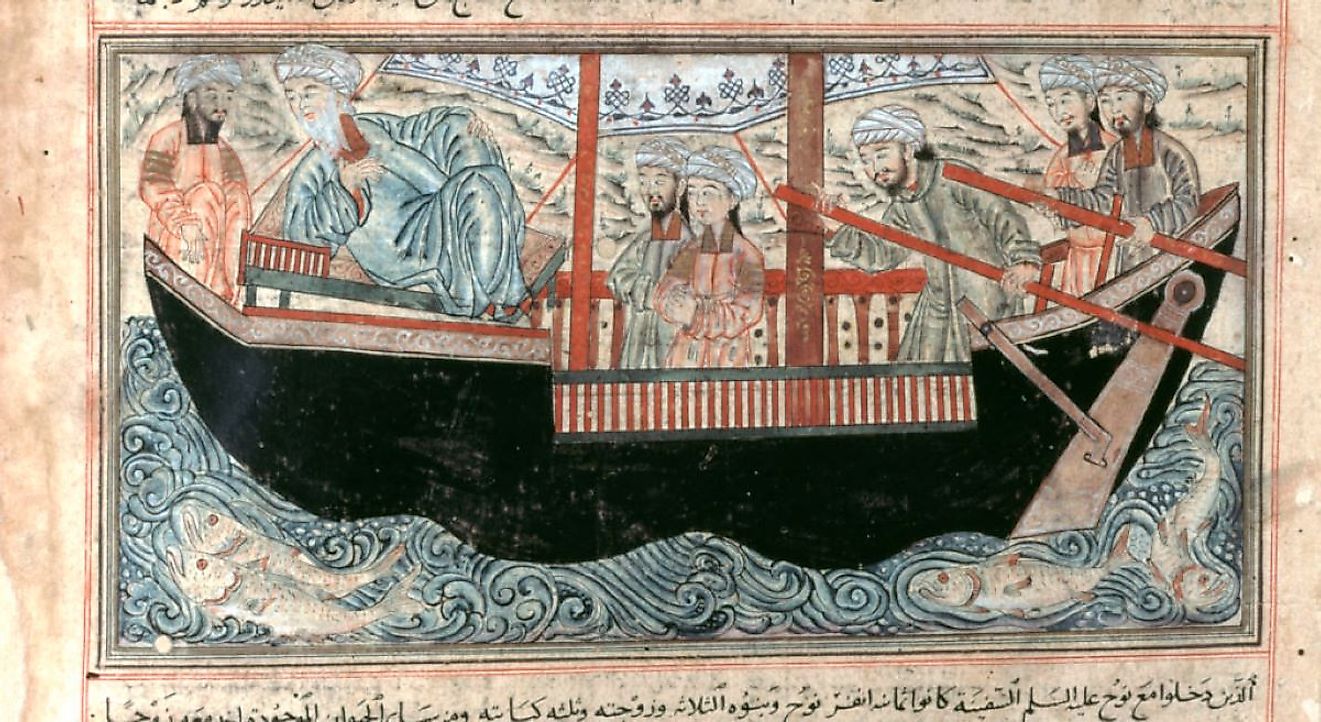
The Most Influential Islamic Philosophers
The Golden Age of Islam gave rise to leaders in science and the arts. This included the rise of Islamic philosophers, including al-Kindi and al-Farabi. Their philosophy covered everything from the existence of God to the use of logic. Despite the influence and contribution of Islamic philosophers, Islamic philosophy remains understudied. Here, we will explore some of the world's most influential Islamic Philosophers.
Al-Kindi

The first well-known Islamic philosopher was al-Kindi. Born of noble Arabic descent, al-Kindi was from Iraq, where he became concerned with many philosophical questions. He questioned everything, from the ideas of Aristotelian Neoplatonists to questions in astrology, Indian arithmetic and even cooking. He wrote about these subjects in more than 270 works, many of which are short treatises.
His major philosophical work was On First Philosophy, in which he first explained Greek philosophical wisdom and the existence of God. One of al-Kindi's core arguments is that God is the cause of all being. He also delves into metaphysics, and his ideas are closely related to his conception of God.
Al-Kindi was a man of many talents, beyond his philosophy, al-Kindi was a central figure in organizing the "Kindi circle." This was the name given to a group of translators who rendered significant works of Greek philosophy into Arabic.
Al-Farabi
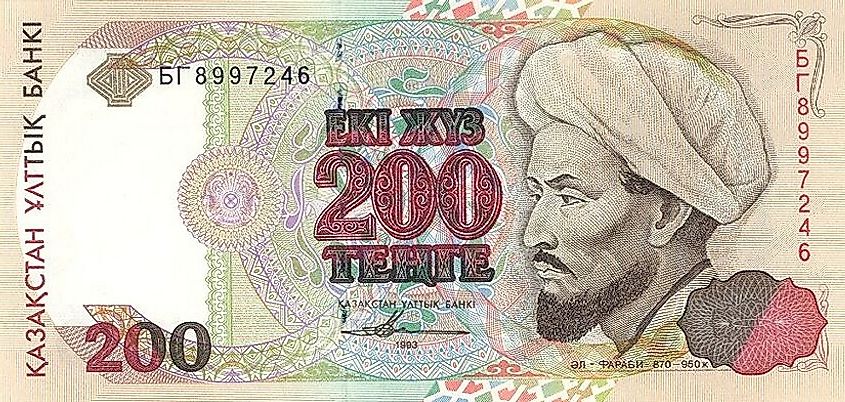
Al-Farabi was another influential Islamic philosopher. His birthplace is unknown, but traditional depictions show him as a Turkish man. Throughout his life, he spent much of his time in Baghdad, surrounded by Syrian Christian scholars. This shaped his interest in philosophy.
Similar to al-Kindi, Aristotlean ideas influenced al-Farabi's philosophy. In the 9th and 10th centuries, the logical tools developed by Aristotle were a major source of debate amongst Islamic intellectuals. Al-Farabi used logical tools to analyze legal proceedings and theology. Al-Farabi relates logic, grammar, and language to one another, believing the same ideas connect the relationship between them.
Ibn Sina
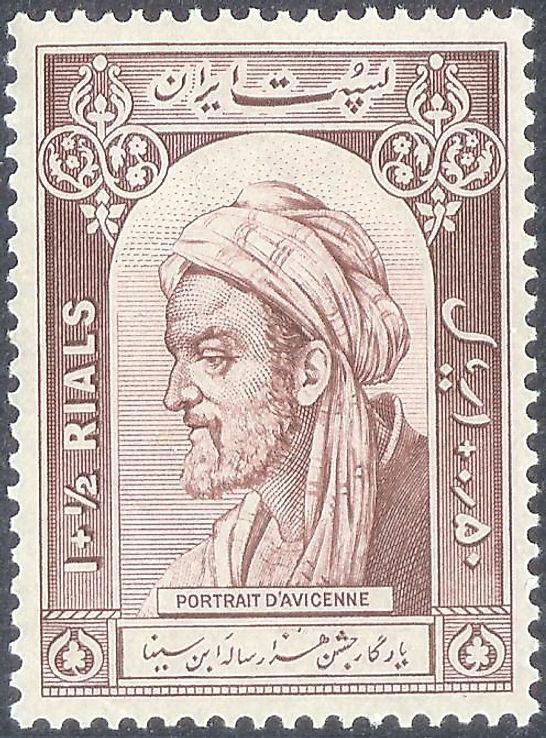
Ibn Sina was born in modern-day Uzbekistan. He grew up in the traditional heartlands of Islamic philosophy and established himself as someone unwilling to accept social norms. He made a name for himself in philosophy as the first philosopher to move from studying beings to studying being, which refers to the fundamental nature of existence itself.
One of his most important works was a four-part encyclopedia covering everything from logic to physics, mathematics, and metaphysics. According to Ibn Sina, logic plays an important role in philosophy. While he was similar to other philosophers, such as al-Kindi, he made himself distinct by openly using Platonic and Stoic concepts.
Al-Razi
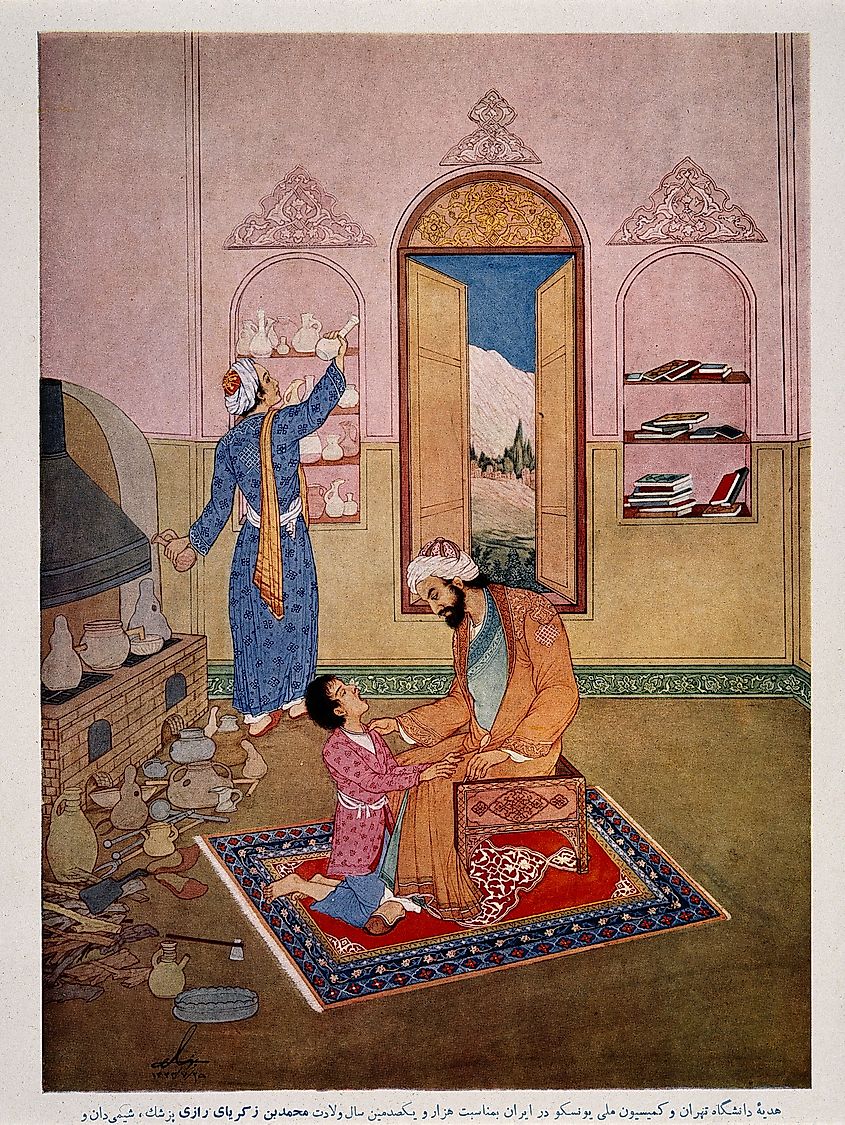
Al-Razi was not only one of the most influential Islamic philosophers, but he was also one of the greatest physicians in the Islamic world. He was a chief physician in a hospital in Rayy, an ancient Iranian city, and held a similar position at a hospital in Baghdad. Despite his contribution to philosophy and medicine, al-Razi's contribution to philosophy was largely ignored until the 20th century. While he claimed to be a student of Plato, al-Razi's philosophy was more similar to Democritus. Similar to Democritus, al-Razi had his atomic theory of the composition of matter.
Al-Ghazali
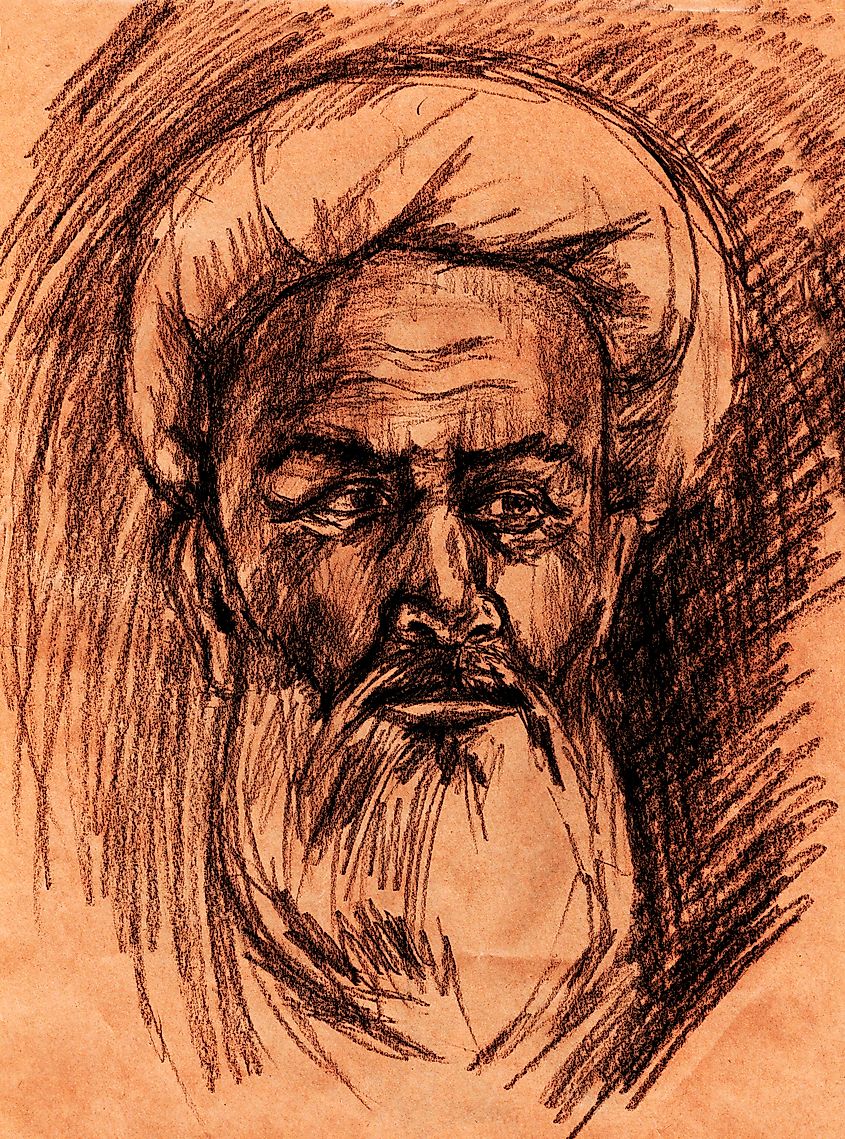
While he preferred to think of himself as more of a theologian than a philosopher, there is no denying Al-Ghazali's contribution to philosophy. Al-Ghazali is credited with making Sufism an acceptable part of traditional Islam. Al-Ghazali was dedicated to Islam, and some of his most famous books explain how people can live profound devotional lives. Living this way will lead to higher stages of Sufism or mysticism in al-Ghazali's view. He came to see theology as the rational, systemic presentation of religious truths and saw this as inferior to mystical experience. Al-Ghazali's book titled The Aims of the Philosophers was influential in Europe. It is one of the first books translated from Arabic to Latin.
While more than 400 works are attributed to al-Ghazali, many of the same works have been ascribed to him with different titles. We know of at least 50 distinct works from him. Something Al-Ghazali became most well known for was his drastic life change. After achieving a brilliant career as a professor, he abandoned it all to live a monastic lifestyle.
Today, many philosophy classes in schools still focus on the ideas of a handful of prominent Greek and Roman figures. While there's no denying the importance of talking about people such as Aristotle and Plato, the ideas of other philosophers, particularly those from other cultures, are often ignored. Exploring this diversity of ideas makes philosophical inquiry that much more interesting.











